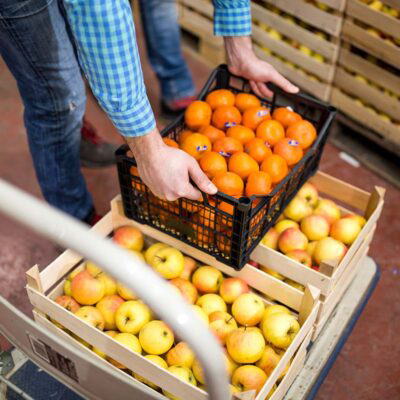Food Waste Legislation
233 Billion Pounds
of edible food is wasted each year in the U.S alone. Legislation is being pushed in multiple states, cities, and even at the federal level. Currently, there are several states that have passed laws to keep food out of landfills, with many more working to pass laws of their own.
Legislative Landscape
The relationship between human behavior and climate change is receiving significant attention from legislators. At the same time food insecurity continues to be a challenge for communities. The result is a variety of new laws and regulations attempting to address these unique, but related, challenges.
Reducing Waste in Landfills
Many regulations emphasize reducing food waste going to landfill. Rules focused on reducing landfill emphasize solutions such as diversion of material from disposal to other uses, recycling of organic material, on-site composting, and installation of on-site organics treatment equipment.
Feeding People
Regulations are beginning to emphasize using excess edible food for its intended purpose, feeding people. The emerging trend is for rules requiring food generators to provide excess food to food recovery organizations and local jurisdictions to implement programs to redirect edible food to organizations that address food insecurity.

California SB 1383
California is a leader in putting a focus on food recovery. Senate Bill 1383 is a state-mandated effort to reduce organic waste in California landfills by 75%, and to increase excess edible food recovery by 20% by 2025. Included in the legislation, which took effect January 1, 2022, are requirements for specified tiers of food generators to donate excess edible food to food recovery organizations.


